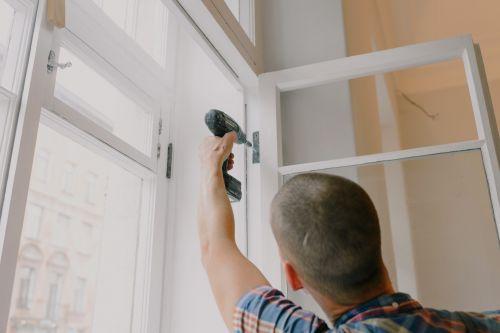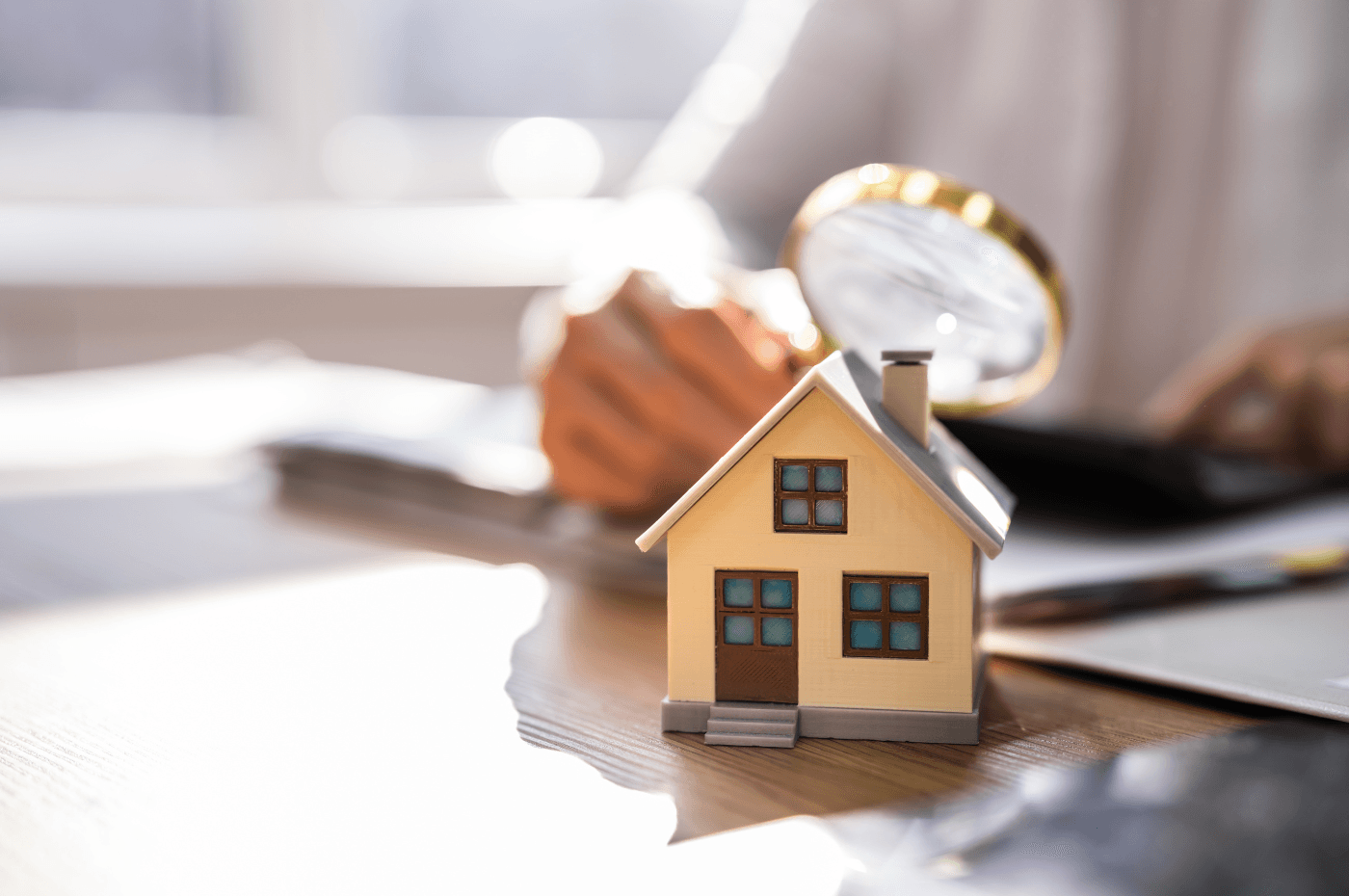Whether you have just received an offer to purchase conditional on the inspection of your property or you want to have your home inspected as a preventive measure, the arrival of the building inspector is not to be taken lightly. Their inspection report can have a considerable impact, especially during the sale process.
During the inspection, your property will be thoroughly examined from top to bottom, from the roof to the foundation, plumbing, electrical, heating systems, etc. In particular, the building inspector will be looking for leaks, mould, defects and any other signs that may indicate a potential problem.
But no need to panic. Although it is perfectly normal to feel nervous when the inspector arrives, there are many tips to ensure that the inspection goes smoothly. By taking a few preventive steps, you will maximize your chances of getting the most positive inspection report possible.
Of course, you cannot perform the work of the inspector in their place, but you can check the general condition of your house and solve some problems on your own. This will prevent them from being added to the inspection report.
Without further ado, here are ten steps you can take to properly prepare for the coming of the building inspector.
Preparing for the building inspector's visit in 10 steps

1. Declutter access to areas that need to be checked by the inspector
In order for the inspector to optimally carry out their inspection and check the condition of your property, be careful not to block access to certain areas of your home. This applies to both indoor and outdoor areas.
If you have not already done so, declutter the rooms of your home as much as possible, so that there is nothing in the way that could block an element in need of inspection. Remove anything that limits access to the areas and systems that the inspector will need to check, be it in the basement, attic, cabinets under the sinks, etc.
In addition to the interior, the inspector will also examine the exterior appearance of your home (mouldings, siding, roof, caulking of doors and windows, etc.). Again, get rid of any obstacles that could block access to the inspector, such as invasive plants, accumulated items and other bulky objects.
This great tidy-up will not only facilitate the work of the inspector, but it may also help you spot some visible traces of defects and, ideally, correct them before the inspector comes.
In the event that the inspector does not have access to one of the areas of your house, they may be unable to perform their work. This will have to be noted in the inspection report, which usually makes a bad impression on potential buyers.
2. Keep the house clean
If you are in the process of selling your home, you are probably already used to keeping your home clean to give a good impression. Keep this positive habit a little longer and don’t be tempted to neglect the appearance of your property.
Although cleanliness does not have a direct impact on the inspection, a dirty or messy house could cause doubt in the mind of the inspector as to the general condition of your home. In particular, this could give the impression of neglect and poor maintenance of the property over the years.
So avoid any possible doubt and demonstrate that you are taking care of your property by keeping it clean. An uncertainty noted on the inspection report is never in your favour.

3. Take care of minor repairs and defects before inspection
Because you live there, you are probably the person who knows the most about the small defects of your house. Have you noticed that the caulking of the living room window needs to be redone? Is it difficult to turn off the faucet? If you get by with the problem every day, it can be easy to learn to live with it rather than correct it.
If you haven’t done so before showing your property, you may want to take the time to correct these small defects to avoid having them appear on the inspection report. Although they probably won't influence the decision of potential buyers, it is always reassuring to see that the owner has taken good care of the home.
4. Replace burned-out lightbulbs
While a burned-out light bulb may seem trivial and unrepresentative of the overall condition of the property, the home inspector may see it as a potential defect in the wiring. They might take the time to determine if there is an underlying problem or simply note their thoughts in the report.
In both cases, it is easy to avoid this kind of situation by taking a few seconds to replace the bulb. This will show that the electrical system has no defects, facilitate the inspector's task and avoid the stress of seeing a potential problem added to the inspection report.

5. Check the condition of your doors and cabinets
Some time before the inspector's visit go around your house and check the interior and exterior doors and cabinets to make sure that they are in good condition. Don't forget to test the ones you don't use often.
Interior and exterior doors should lock in their frame without any difficulties. The handles should be securely fastened, and the locks should work properly, especially those on the doors leading outside.
As for the cabinet doors, especially check the condition of the hinges. They tend to loosen, which can misalign the doors on their frame and disrupt their operation. A cabinet that does not close properly can usually be repaired by tightening the hinge with a screwdriver.
6. Make sure your toilet is working properly
Does your toilet run long after you flush it? This is a common problem that most of us have had at one time or another. While it can be easy to ignore it when you experience it on a daily basis, the building inspector will certainly note this defect during their assessment.
This type of common problem can usually be solved with a short trip to the hardware store and reattaching the chain or replacing the tank valve. So, this is an easy and very inexpensive repair that you can do before the inspector comes.

7. Change the filter of your ventilation system
Replacing the filter of your home's ventilation system is always a good habit. This makes it possible to maintain good air quality and to ensure the proper functioning of your system.
This small action is all the more relevant before the building inspector comes. A dirty filter could signal that you have not taken care of your system and the air in your home. So do not take any risks and show the inspector that this is something you pay attention to.
8. Make sure your electrical panel is correctly labelled
When was the last time you looked at your electrical panel? Have you found the switch you were looking for without problems or have you had to test several before finding the one you wanted?
An incorrectly identified panel can be frustrating for both the owner and the building inspector. Before they arrive, check that each switch is identified correctly, to avoid the inspector having to test blind. Add any missing labels and replace incorrect or illegible ones.
9. Deal with invasive insects
It is quite common to see a few insects making their way inside the house, especially when the temperature warms up. However, this should not be a recurring or significant problem.
Do you regularly have ants in your kitchen? Have wasps set up their nest on the edge of your roof? Take care of these issues before the inspection, as insect problems could deter potential buyers and sabotage your sale.

10. Check the condition of the roof
Like most homeowners, your last visit to the roof of your house was probably a long time ago. However, the building inspector will pay special attention to this. So be sure to prepare before they arrive.
Clean the gutters, remove debris, check for damaged tiles or missing pieces. If you notice any damage to the roof, be sure to have it repaired before the inspection to give yourself the best chance.
The day of the inspection: be prepared for the visit of the building inspector
On the day of the building inspector's visit, you should ideally have done everything possible to prepare for their inspection and get a positive report.
To facilitate the inspector's task, leave all utilities turned on, allow free access to all areas of the house, unlock doors, power boxes or anything else that you usually keep out of reach.
If you do not want to attend the inspection, be prepared to leave the house to give the inspector free rein. If you have pets, try to bring them with you or make sure they are secured.
At this stage, all you have to do is let the inspector do their job. Try to relax: buyers generally do not expect a perfect report. They will be reassured as long as there is no major problem detected, so don't worry too much.
Are you looking for a building inspector?
XpertSource.com can help you in your efforts to find a building inspector. By telling us about your project, we will refer you to top-rated experts, free of charge! Simply fill out the form (it only takes 2 minutes) and you will be put in contact with the right experts.

